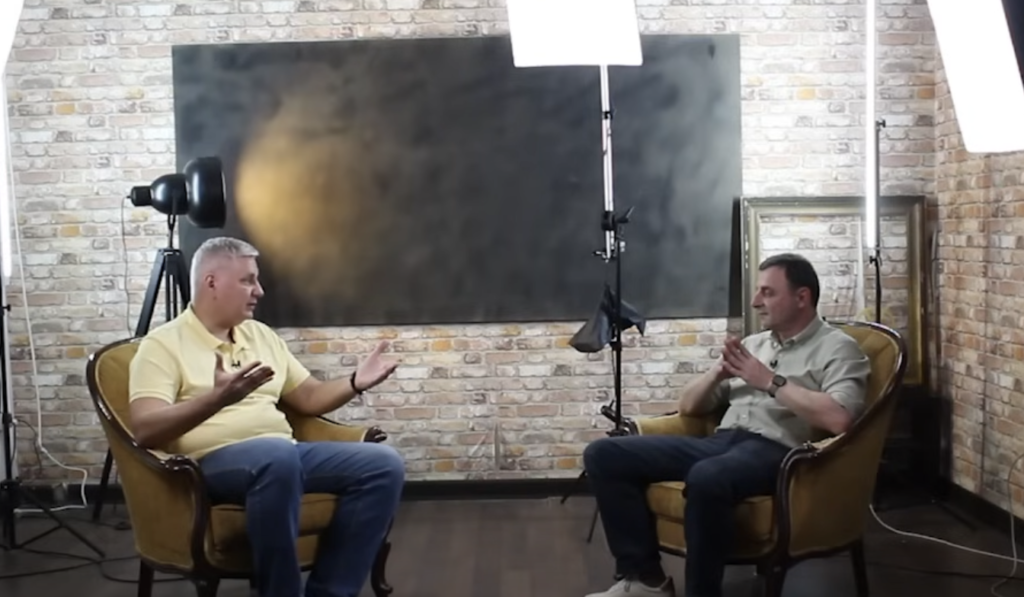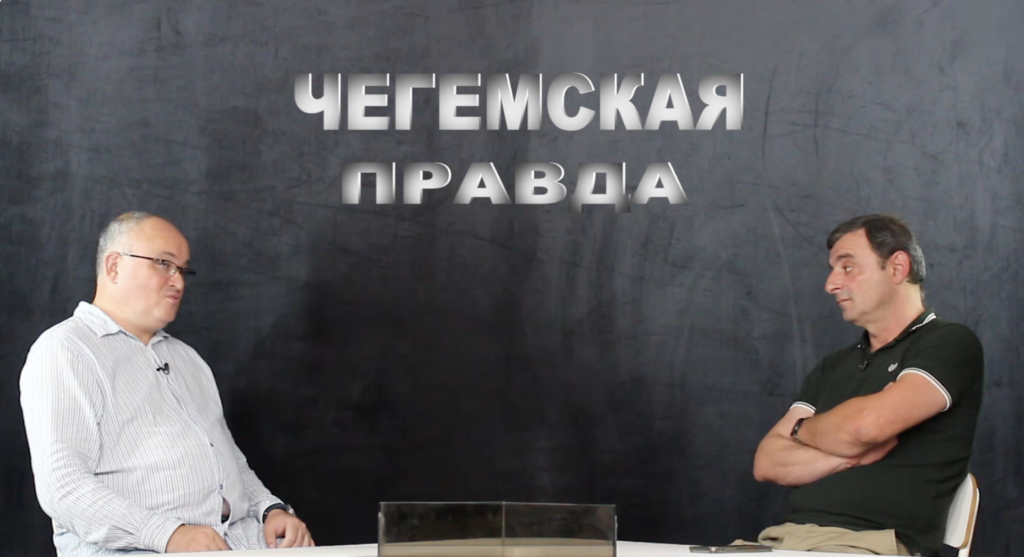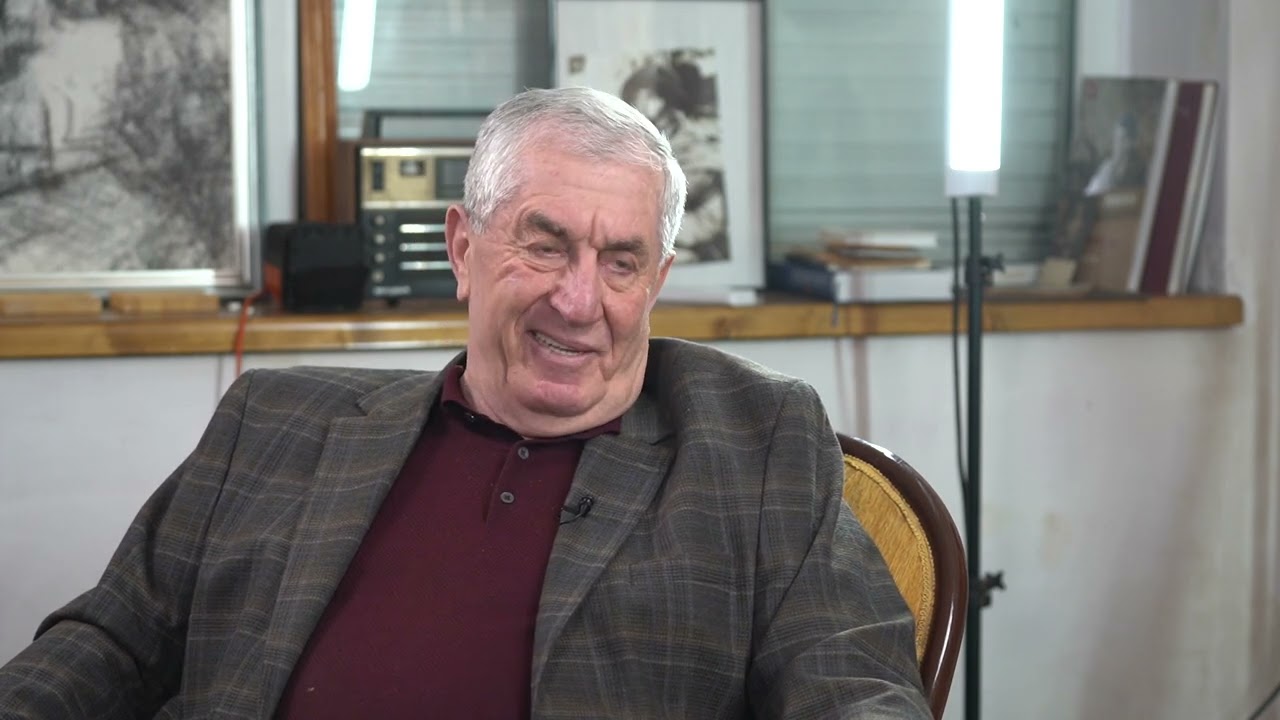Georgian-Abkhaz relations
Article originally published on the Echo of the Caucasus website. Text and terminology reproduced without changes. All rights belong to Echo of the Caucasus. Publication date: May 06, 2024.
In Friday’s piece, introducing readers to Abkhaz society’s reaction to the recent tumult in Tbilisi, “Echo of the Caucasus” quoted a statement from the ruling party, Amtskhara, expressing dismay over opposition figure Lasha Zukhba’s scandalous Facebook post showing solidarity with Georgian protesters against the “foreign agents” law. Since Amtsakhara essentially reiterated Lasha’s brief post in their statement, we opted not to repeat it.
Some comments from perplexed Abkhazians:
Some observers have drawn parallels with another scandal almost four years ago when, in August 2020, Lasha Sakania, working as an advisor to the President of Abkhazia, was involved in organizing a secret visit to Abkhazia by leaders of the “Alliance of Georgian Patriots” party, who brought a large, newly-made icon as a gift to the temple in the village of Ilyr. This was condemned by all commentators in Abkhaz society, regardless of their domestic political orientation, and led to Sakania losing his position as advisor.
This time there was essentially no dispute regarding the scandalous post, but opposition forces, who are consistently active in domestic political debates, predictably tried to seize on the topic and shift the conversation.
The expert foundation Aamta published the following comment:
“We do not know which of Lasha Zukhba’s allies shares his solidarity with him and for what support he is grateful to the enemies of the Abkhaz people. This is his personal opinion and, presumably, he will provide an explanation for it. It is heartening that the Amtskhara party has emerged from political hibernation, monitored the online space, and demonstrated an immediate response to the post of the veteran of the Abkhaz people’s Patriotic War of 1992-1993, Lasha Zukhba, on social media. The Amtskhara party, while assessing the actions of the war veteran, forgot that it ignored a series of events, the danger and harmfulness of which cannot be overestimated. Especially since they are all directly linked to the current president, strangely recognized by the Amtskhara party as a veteran of the Patriotic War of Abkhazia of 1992-1993, Aslan Georgievich Bzhania.”
Reminding their opponents of events for which the opposition criticized President Bzhania, the foundation believes that if the Amtskhara party had publicly expressed its stance on at least one of the aforementioned events over the past four years, “today we would gladly believe in the sincerity of its intentions and the righteousness of its members’ anger.”
Similar to this was a statement from the highest council of the veteran organization Aruaa, which we reproduce in the authors’ version:
“The NGO ‘Aruaa’ does not support the public statement (internet publication) by L. Zukhba regarding events taking place in Georgia, the development of which should in no way affect our society, as these are internal processes of a state hostile to us. However, we are surprised by Amtskhara’s call to give a moral assessment of L. Zukhba’s statement. We want to ask, what side of morality is being discussed?
Whereas, as shown by the actions of the authorities, such as the veiled trip to the territory of Georgia by the vice prime minister, Minister of Economy of the Republic of Abkhazia, Ozgan K.K., the cancellation of the order of President S.V. Bagapsh, and permission for trade relations with Georgia, exactly one year of trade has been going on without any customs clearance of goods from the Georgian side. The Republic of Abkhazia unilaterally opened its customs borders for goods from Georgia, leading to the replenishment of the budget of the hostile state, did not disturb Amtskhara, and did not lead to a call for moral considerations, not even such previous actions of the authorities as issuing national passports of the Republic of Abkhazia to citizens of Georgia residing in the Gali district.
Amtskhara also did not give a moral assessment of the arrival of Georgian parliament deputies in the Republic of Abkhazia and their visit to the Ilor temple in the Ochamchira district. We have great respect for the veteran of the Patriotic War of the People of Abkhazia of 1992-1993, L. Zukhba, for his combat merits, and we remind Amtskhara that he was an active supporter of the current authorities, supporting during the 2020 presidential election the president A. Bzhania. In conclusion, we demand from Amtskhara first of all to give a moral assessment of the aforementioned actions by the ruling party.”
Alongside these responses to the controversial post, there are discussions appearing online not directly related to it, but representing attempts at serious reflection and comparison of the processes currently taking place in the South Caucasus in connection with foreign agent bills. Here is a text posted by opposition public and political figure and blogger Ahroy Bzhania:
“No free society will tolerate the adoption of the foreign agent law in the form being promoted in Georgia and Abkhazia. First, because it gives the government the ability to interpret the activities of organizations and public activists as undesirable almost arbitrarily, without judicial decisions. Second, it restricts the constitutional rights and freedoms of citizens, including the right to work, expression, and freedom of public action.
“Third, due to its obvious authoritarian and isolationist nature, it significantly narrows the spectrum of foreign policy interaction of any state that adopts this law. In other words, if you plan to develop your country based on the activity and creative potential of citizens, control the government’s appetite, and be open and friendly to the wider world, then the foreign agent law will postpone these plans. However, in our case, there is also another nuance.
“Not without reason interpreted by the Georgian opposition as aimed at curbing resistance to Russian-Georgian geopolitical rapprochement, the foreign agent law, if adopted by the parliament in Tbilisi, would serve as a powerful factor in shaping new realities in the South Caucasus. Realities where the economic and regional partnership between Russia and Georgia will push aside the idea of Euro-integration for our neighbors. And then… who knows what compromises will be reached and who the subject of these compromises would be. Abkhazia? Can’t be ruled out.
“At the very least, Georgia will undoubtedly insist on this, and some Russian experts do not hide the likelihood and logic of such a scenario. Paradoxically, if with the “anti-Russian” leadership of Georgia headed by Saakashvili everything was more or less stable, now under the “pro-Russian” government of Ivanishvili, and especially in the event of adoption of the aforementioned law, everything will become much more complicated! But the strangeness of the situation does not end there.
“If in the future, albeit distant, there is a possibility of Abkhaz-Georgian rapprochement, then this process would only be possible with the coincidence and mutual recognition of certain basic values. Your free choice can only be accepted by those who value their own freedom of choice! And in this context, the Georgian Dream with its dream of limiting the rights and freedoms of its own citizens may not be the most promising negotiator when and if it comes to the free choice of the citizens of Abkhazia. And the fact that the Abkhazians value freedom, they have repeatedly proven.
“Just look at the resistance to the suicidal initiatives of the current government. Two years of protests in Sukhumi have effectively paralyzed the adoption of controversial laws on apartments, foreign agents, defamation, and more. Now the thing is in Inguri… Can Georgian society defend its civil liberties and will it serve as a foundation, however fragile, for Abkhaz-Georgian relations going forward?”


